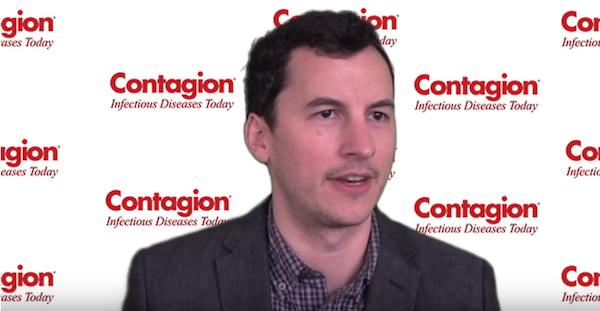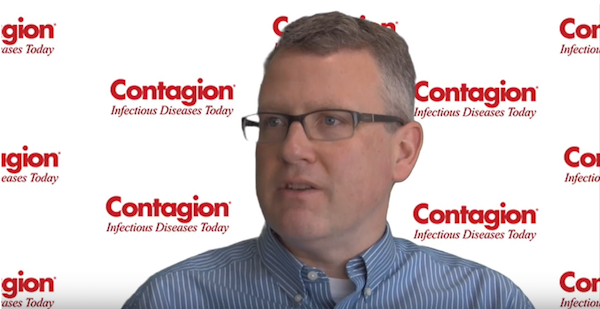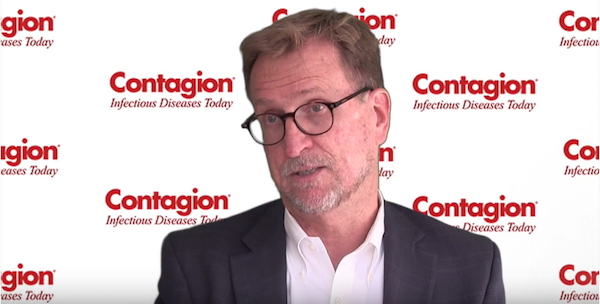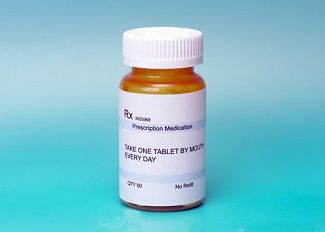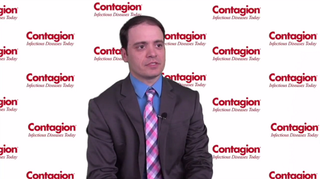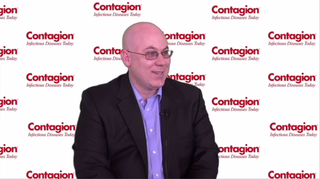
Antibiotics
Latest News
Latest Videos

More News
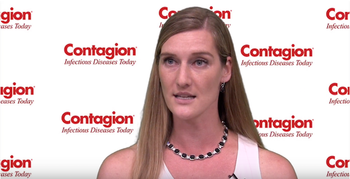
Monica Mahoney, PharmD, BCPS-AQ ID, explains the first-line empiric therapy for candidemia.
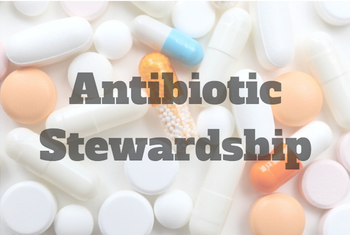
Researchers in a pediatric hospital in Tokyo see positive results following the implementation of an antibiotic stewardship program limiting carbapenem use.

Stay up-to-date on the latest infectious disease news by checking out our top 5 articles of the week.
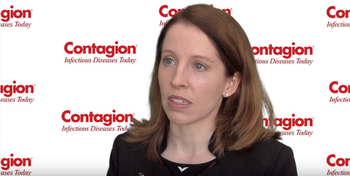
Amanda Paschke, MD, MSCE, explains the advantage of administering a beta-lactam in combination with a beta-lactamase inhibitor.

Researchers from the University of Colorado Boulder have developed nanoparticles capable of boosting the effectiveness of antibiotics against drug-resistant superbugs.
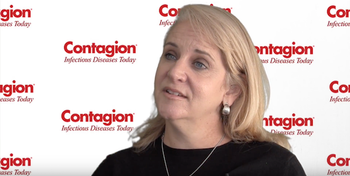
Evelyn J. Ellis-Grosse, PhD, chief scientific officer of Zavante Therapeutics, explains why Zavante Therapeutic’s fosfomycin is a unique, novel antimicrobial.
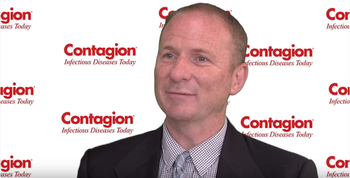
How Do You Prescribe for Patients with Beta-Lactam Allergies Without a Skin Test or Allergy Consult?
Christopher McCoy, PharmD, shares the protocol for approaching patients who may have a beta-lactam allergy.

A new study pulls back the curtain into a complex web of resistance, colonization, and the challenges of antimicrobial resistance in this setting.
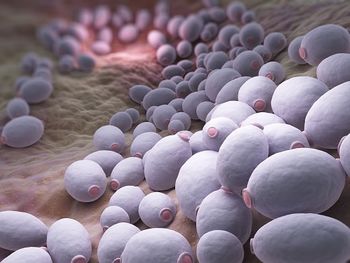
The message for clinicians is to be vigilant. Look for candidemia and C. difficile infection occurring together.
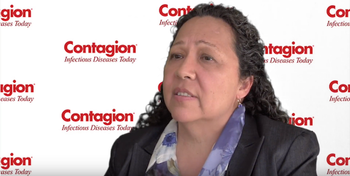
Sue Cammarata, MD, explains the advantages that delafloxcin has over other fluoroquinolones.
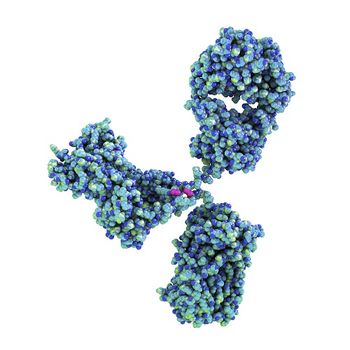
Thoughts leaders believe infectious disease treatment is in the middle of a sea change, moving from antibiotics to antibodies.

A recent study has shown that, compared with other antibiotics, tetracyclines may be associated with a reduced risk of Clostridium difficile infection (CDI).
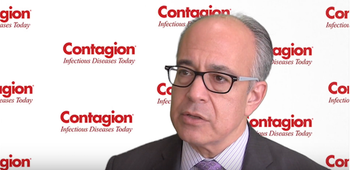
Neil Fishman, MD, explains what the standardized antimicrobial administration ratio is.
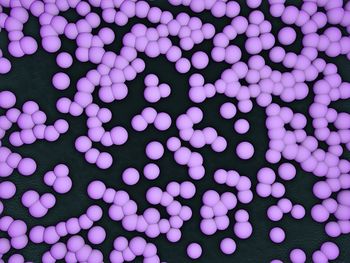
Researchers found that the use of the treatment algorithm for staphylococcal bacteremia shortens therapy without compromising outcomes.
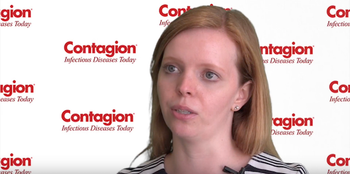
Emily Heil, PharmD, BCPS-AQ ID, sheds light on one of the standards of new antibiotic stewardship regulations: all antibiotic orders should include indication for use.

Whether the oft-repeated pattern of initial drug success followed by increasing resistance plays out in the future for many drugs remains to be seen.
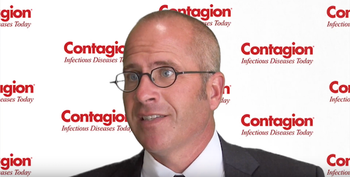
David Andes, MD, shares the half-life and dosing intervals for a new long-acting echinocandin.

Dr. Maria Bye, an epidemiologist at the Minnesota Department of Health shares some unsettling news when it comes to C. difficile: dentists’ prescribing habits may be contributing to CDI incidence.
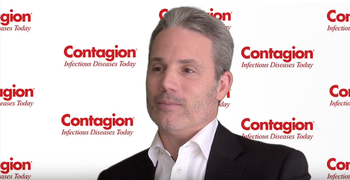
Steven Gelone, PharmD, shares the topline data yielded from the LEAP-1 study.
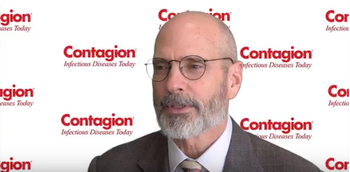
Patrick Horn, MD, PhD, explains why eravacycline is a unique antibiotic and how it stands up against many different types of pathogens, including those that are multidrug-resistant.

James S. Lewis, PharmD, FIDSA, addresses the issues that surround current antibiotic development.

A new antibiotic susceptibility testing device developed by scientists at the National Institute of Standards and Technology could offer doctors a faster way to prescribe the right antibiotic.

Experts debate the use of cephalosporins in patients who are allergic to penicillins who have not undergone a prior allergy evaluation.
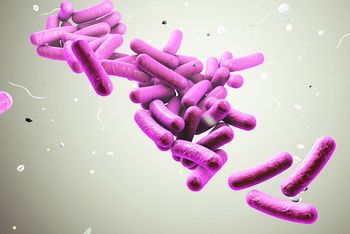
Surotomycin fails to show benefit over vancomycin for the treatment of Clostridium difficile infection in a phase 3 trial.
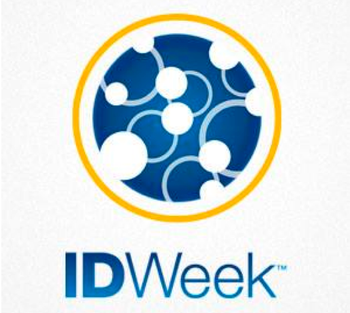
Contagion® will be providing exclusive coverage on the conference, and so, keep your eyes peeled for session coverage and interviews with some of the key presenters.
